#fly fishing photography
Explore tagged Tumblr posts
Text

What a beauty! - Steelhead, Fly Fishing
#nature#outdoor photography#wildlife photography#beautiful wildlife#beautiful animals#wildlifeconservation#wildlife closeups#fly fishing photography#fly fishing#catch and release#women fly fishing#steelhead
166 notes
·
View notes
Text

#fly fishing#trout#trout fishing#flyfishing#arkansas#fly fishing women#arkansas fly fishing#tight lines#women fly fishing#outdoors#fly fishing photography#fly tying#flytying
21 notes
·
View notes
Text
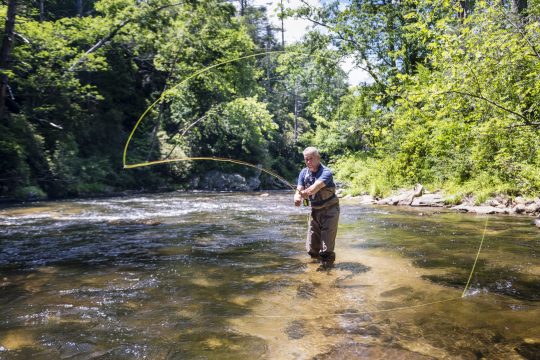
I really need this in my life right now!
#fishing#fisherman#bipolar disorder#lake#mountains#fly fishing#flyfishing#fly fishing photography#trout fishing#troutfishing#trout stream
1 note
·
View note
Photo



Some new editorial work that I wrote/photographed for a story on fly fishing in the Los Angeles River. Yes, there is a river in LA and it holds fish.
1 note
·
View note
Text











Подводные бабочки-рыба, которой даны крылья, но не для полета- Восточная дактилоптена.
Восточная дактилоптена, или восточная летучка (лат. Dactyloptena orientalis), — вид лучепёрых рыб семейства долгопёровых (Dactylopteridae). Широко распространены в Индо-Тихоокеанской области от юга Африки до Красного моря и Персидского залива, включая Мадагаскар и Маскаренские острова. На север до Японии и островов Бонин; на восток до Тонга, Рапа-Ити, Гавайских островов и островов Питкэрн и на юг до Западной Австралии, Нового Южного Уэльса и Новой Каледонии. Максимальная длина тела 40 см, обычно до 20 см
Тело у этих необычнх рыб массивное, удлинённое, почти квадратное в поперечном сечении. Покрыто костной чешуёй, которая образует продольные гребни. Голова большая и заключена в костный панцирь. Глаза у дактилоптены большие. Рот маленький, полунижний с крошечными зубами на обеих челюстях, сошнике и нёбных костях. В углу предкрышки расположен длинный шип; его окончание не заходит за окончание первой спинной колючки. У восточной летучки два спинных плавника; в первом спинном плавнике 5 колючих лучей; второй спинной плавник с 8 мягкими лучами отделён от первого спинного плавника глубокой выемкой. Хвостовой плавник с небольшой выемкой, удлинённый у взрослых особей. Грудные плавники с горизонтальным основанием, разделены на две части: передней, образованной пятью короткими лучами, и задней с 27—30 длинными лучами, окончания которых ��оходят до основания хвостового плавника; каждый луч с короткими нитями, выходящими за внешний край луча.
Окраска тела обычно желтовато-коричневая сверху и светло-коричневая снизу. По верхней части головы и тела разбросаны небольшие оранжевые точки; у особей крупнее 10 см обычно на верхней части головы есть большое тёмное пятно. На грудных плавниках беспорядочно разбросаны золотистые точки, более крупные в задней части. У мелких особей (длиной 50—65 мм) одно глазчатое тёмное пятно на нижней трети плавников. По хвостовому плавнику проходят четыре золотистые полосы. Золотистые полосы идут вдоль верхней части колючего спинного плавника.
Восточная дактилоптена это морская придонная рыба. Обитает на континентальном шельфе над песчаными грунтами на глубине от 1 до 100 м. Способна «ходить» по дну, используя для передвижения брюшные плавники и короткие лучи грудных плавников. Длинные лучи грудных плавников в спокойном состоянии прижаты к телу, а в случае опасности распрямляются для отпугивания хищников. Ведут одиночный малоподвижный образ жизни. Питаются ракообразными, моллюсками и мелкими рыбами.
Underwater butterfly fish that have wings, but not for flight - Eastern Dactyloptena.
The Oriental flying gurnard, or Purple Flying Gurnard, (lat. Dactyloptena orientalis), is a species of ray-finned fish of the long-finned fish family (Dactylopteridae). Widely distributed in the Indo-Pacific region from southern Africa to the Red Sea and the Persian Gulf, including Madagascar and the Mascarene Islands. To the north to Japan and the Bonin Islands; to the east to Tonga, Rapa Iti, Hawaii and the Pitcairn Islands and to the south to Western Australia, New South Wales and New Caledonia. The maximum body length is 40 cm, usually up to 20 cm.
The body of these unusual fish is massive, elongated, almost square in cross-section. Covered with bony scales, which form longitudinal ridges. The head is large and enclosed in a bony shell. The eyes of Dactyloptenae are large. The mouth is small, semi-inferior with tiny teeth on both jaws, the vomer and the palatine bones. In the corner of the preoperculum there is a long spine; its end does not extend beyond the end of the first dorsal spine. The eastern bat has two dorsal fins; the first dorsal fin has 5 spiny rays; the second dorsal fin with 8 soft rays is separated from the first dorsal fin by a deep notch. The caudal fin with a small notch, elongated in adults. The pectoral fins with a horizontal base, are divided into two parts: the anterior, formed by five short rays, and the posterior with 27-30 long rays, the ends of which reach the base of the caudal fin; each ray with short filaments extending beyond the outer edge of the ray. The body color is usually yellowish-brown on top and light brown below. Small orange dots are scattered over the top of the head and body; individuals larger than 10 cm usually have a large dark spot on the top of the head. Golden dots are randomly scattered on the pectoral fins, larger at the back. Small individuals (50-65 mm long) have one eye-shaped dark spot on the lower third of the fins. Four golden stripes run along the caudal fin. Golden stripes run along the upper part of the spiny dorsal fin.
The Purple Flying Gurnard, is a marine bottom fish. It lives on the continental shelf over sandy bottoms at depths from 1 to 100 m. It is able to "walk" along the bottom, using its pelvic fins and short rays of the pectoral fins for movement. The long rays of the pectoral fins are pressed to the body when calm, and in case of danger they straighten out to scare off predators.They lead a solitary, sedentary lifestyle. They feed on crustaceans, mollusks and small fish.
Источник:://ru.wikipedia.org/wiki/Восточная_дактилоптена, ://www. clasbio.ru/classification.php?id=13255, //fishesofaustralia.net.au/ home/species/4640.
#fauna#video#animal video#marine life#marine biology#nature#aquatic animals#Dactyloptena orientalis#Purple Flying Gurnard#Oriental flying gurnard#sea creatures#ocean#sea#fish#sand#beautiful#animal photography#nature aesthetic#видео#фауна#природнаякрасота#природа#океан#море#рыбы#Восточная дактилоптена#песок
299 notes
·
View notes
Text

Pia Paulina Guilmoth. How To Go Fly Fishing (Attempt #17), 2022. Print detail.
149 notes
·
View notes
Text

Adult mayfly showing off their beautiful wings and super long tail. Mayflies are yet another "dinosaur bug" with traits that may have been present in the first insects to evolve. For example, they can't fold their wings and instead hold them upright. Adults are very short-lived, and their sole purpose is to mate and lay eggs. The larvae live in fresh water and are an indicator of a healthy aquatic ecosystem.
unidentified species, order Ephemeroptera Northeastern Pennsylvania, US
#mayfly#Ephemeroptera#dinosaur bug#creature#bugs#bugblr#nature#nature photography#biodiversity#animals#arthropods#inaturalist#entomology#insect appreciation#fly fishing#wetlands#rainbow wings#macro photography#insect photography#wildlife
162 notes
·
View notes
Text

Przemyslaw Jakubczyk, “Unexpected role swap”
© Przemyslaw Jakubczyk | Nikon Comedy Wildlife
#art#surreal#photography#funnyshit#funny pictures#funny shit#funny pics#fun#fish#flying fish#przemyslaw jakubczyk#unexpected#swap#nikon comedy wildilfe#wildlife#still life photography#eagle#birds#eagles#american eagle#bird
27 notes
·
View notes
Text

Mirrorwing flying fish (Hirundichthys speculiger)
Photo by Alex Mustard
#Hirundichthys speculiger#Hirundichthys#mirrorwing flying fish#flying fish#fish#blue#blue fish#marine#marine life#marine fish#aquatic#sea#ocean#fish photography#animals#wildlife#nature
316 notes
·
View notes
Text

“Stare Down” - Cutthroat Trout, Fly Fishing
#nature#outdoor photography#wildlife photography#beautiful wildlife#beautiful animals#wildlifeconservation#wildlife closeups#fly fishing photography#fly fishing#catch and release#women fly fishing#fly fishing with dogs
171 notes
·
View notes
Text
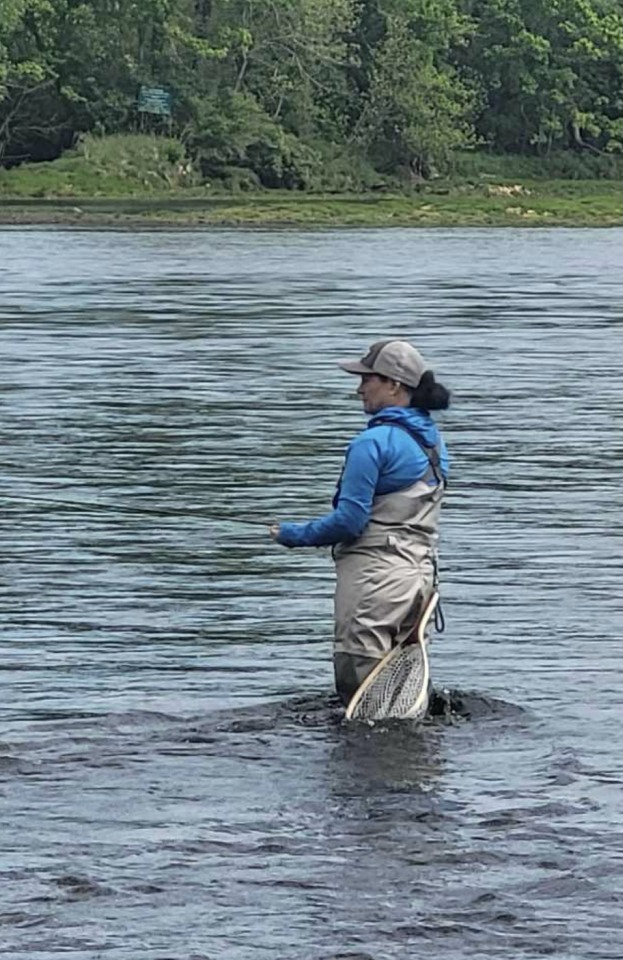
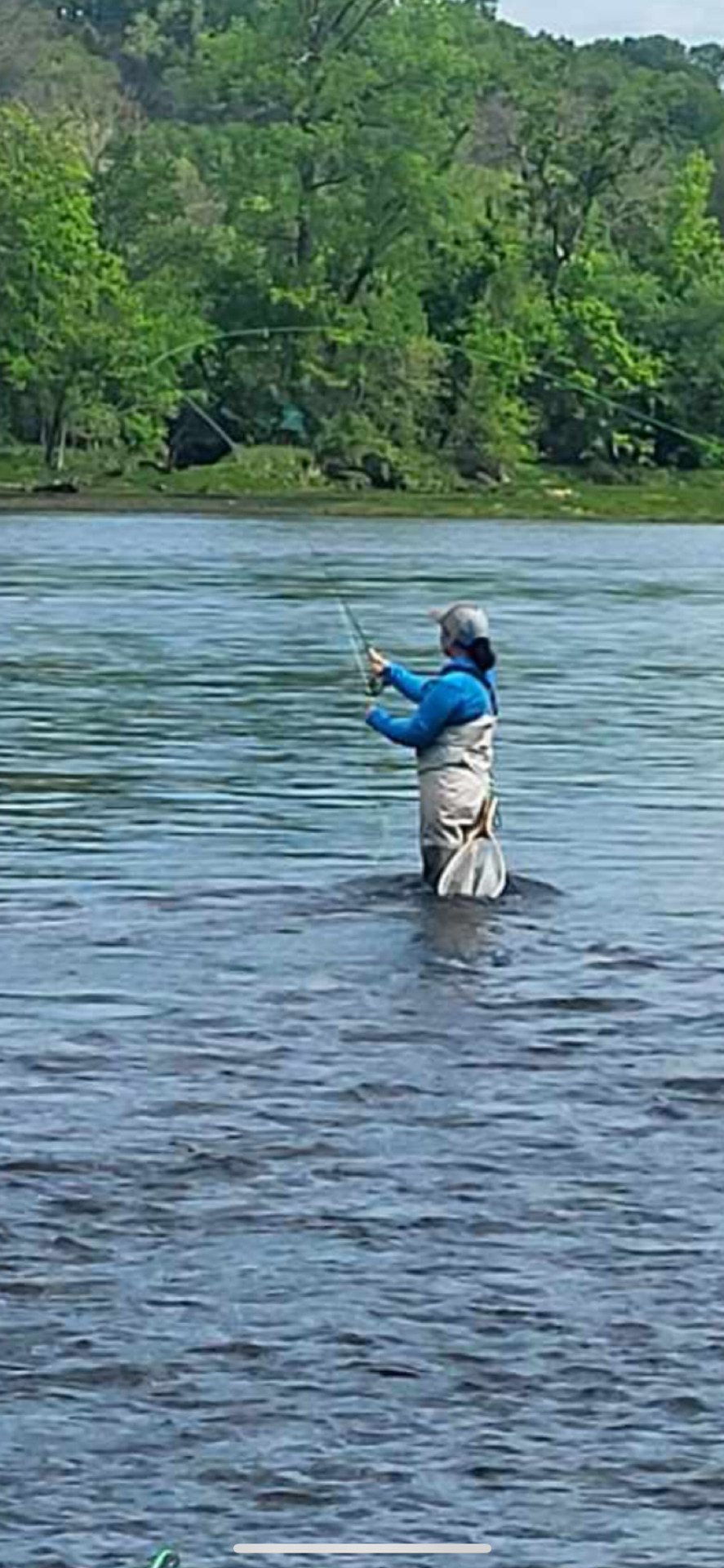
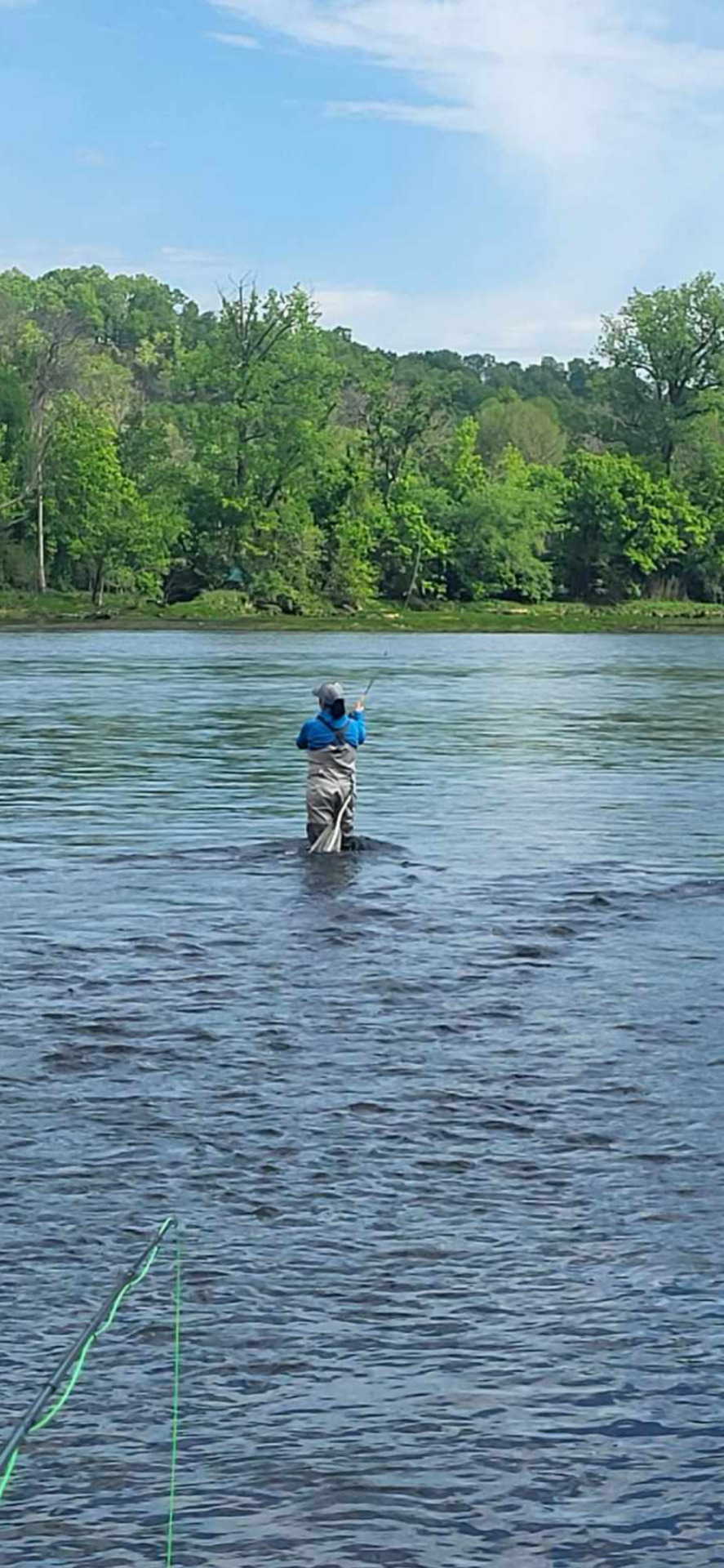
Fly fishing the White River in Arkansas
#outdoors#fly fishing#trout#trout fishing#flyfishing#fly fishing women#arkansas#arkansas fly fishing#women fly fishing#tight lines#rainbow#browntrout#flyrods#fly reels#fly fishing photography
17 notes
·
View notes
Text

[https://www.inaturalist.org/observations/9626196] Clearwing Flyingfish | Cypselurus comatus Observed in the North Atlantic Ocean, nearest to Senegal Least Concern Globally
#fish#flying fish#nature#wildlife#photography#water beast#air beast#<- cheeky#who cooks for queue? who cooks for queue all?
34 notes
·
View notes
Text
#animals#science#education#nature#photography#cute animals#funny#lol#adorable#paradise#birds#wild birds#beautiful#beauty#amazing#eagles#video#food#fly#fly high#fish
62 notes
·
View notes
Text
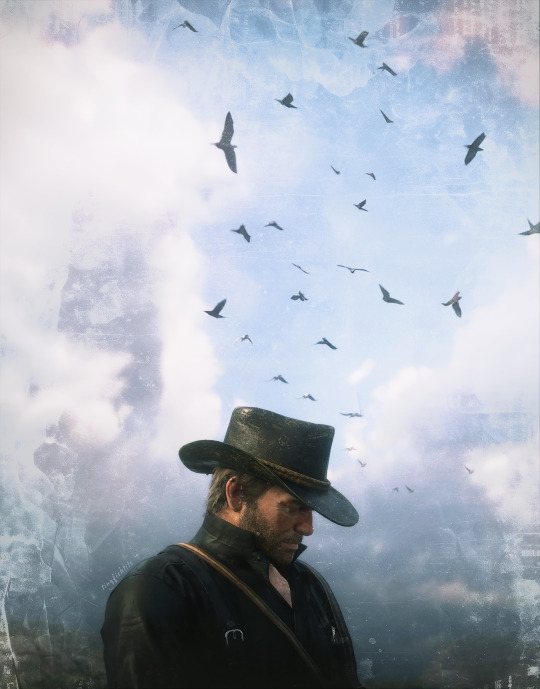
feeling emotional about this man and I'm taking it out on photoshop
#dear god make me a bird so I can fly far far away from here...#am I quoting Forrest Gump?#YES#AND???#arthur morgan#red dead redemption 2#rd2 photography#fish pics
45 notes
·
View notes
Text
🦟made a fly rod 🎣
🐟Some things are still in progress🐟




#flyfishing#fly tying#fly rod#photography#fishing#camera#leica#leicasl2s#leicasl2sreporter#leicacamera#leicajapan
16 notes
·
View notes
Text

1920s trout camp Wisconsin’s driftless region
#fly fishing#vintage camping#1920s#trout#vacation#outdoor life#wisconsin#black and white#vintage photography
20 notes
·
View notes